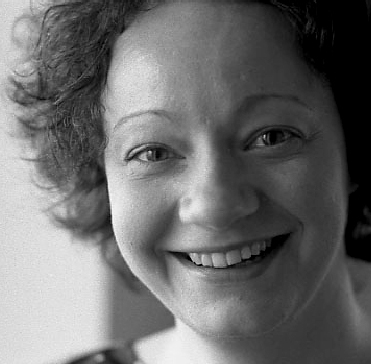O CIMA é financiado pela Fundação para a Ciência e a Tecnologia (FCT) através da referência UIDP/00350/2020, com sede no Campus Universitário de Gambelas, Edifício 7, 8005-139 FARO PORTUGAL. Tel: 351 289 244 434, 351 289 800 100; E-mail: cima@ualg.pt (+ info)






